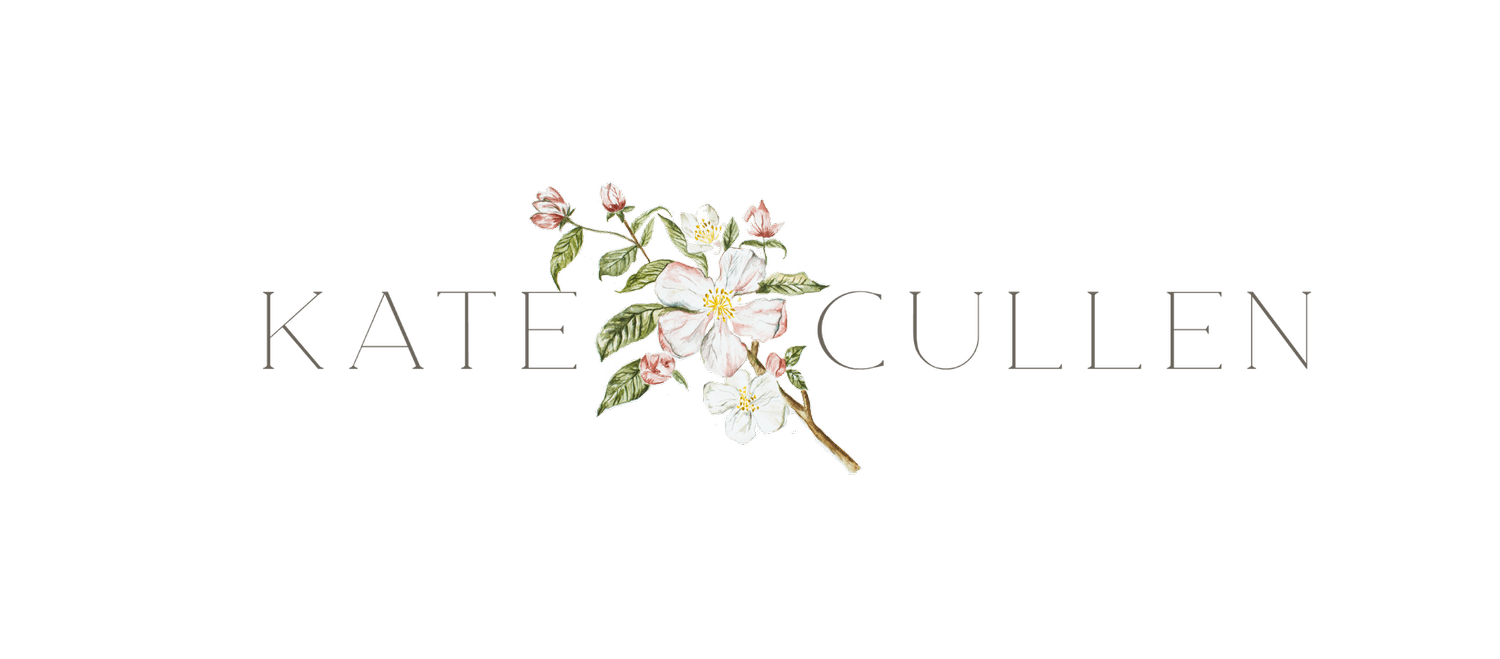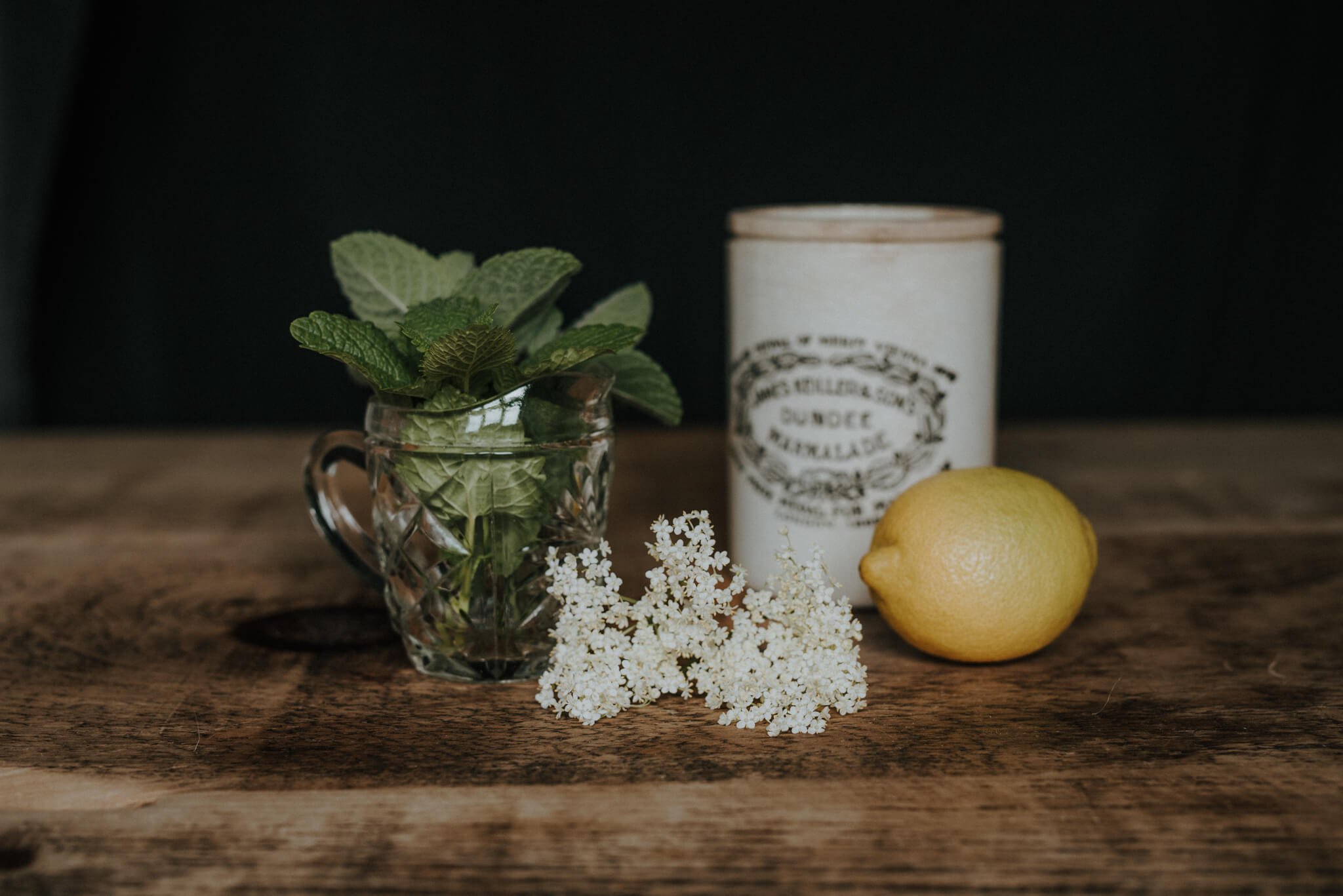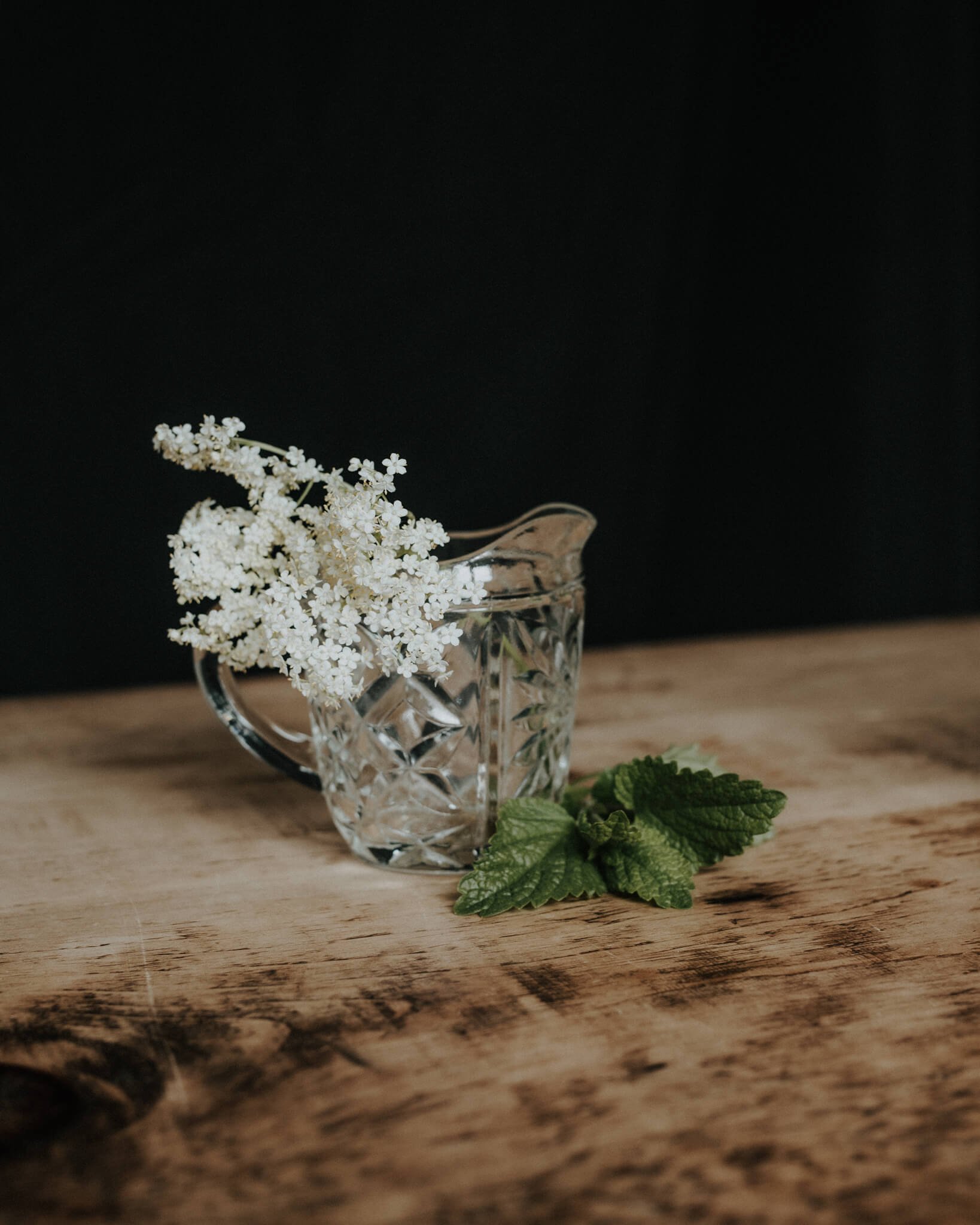Recipe for elderflower cordial with lemon balm: a new take on a classic summer drink
Every year I love to make elderflower cordial, but as I have been working hard on my herb garden in the last few weeks, I thought I would try making it with a little twist. My lemon balm has been growing particularly well and was ready to have a few leaves harvested, so it seemed the perfect moment to try it out.
Lemon Balm Facts
1. Lemon balm, also known as Melissa officinalis, is a perennial herb that belongs to the mint family. It is native to Mediterranean regions and has a long history of use in traditional medicine for its calming and soothing properties.
2. The leaves of lemon balm have a delightful lemony scent. Crushed leaves release a strong citrus aroma and can be used to add flavor to a variety of dishes such as salads, meats, and even cocktails.
3. Lemon balm contains rosmarinic acid, a powerful antioxidant that helps protect against cellular damage caused by free radicals. It also has anti-inflammatory properties that can help reduce inflammation and swelling.
4. The herb has been used for centuries to alleviate stress and anxiety. Studies have shown that lemon balm can help improve mood, reduce symptoms of depression, and promote a sense of calmness and relaxation.
5. Lemon balm is easy to grow and can be grown in gardens or pots. It prefers well-draining soil and partial shade, but can also do well in full sun. Its bright green foliage and lemony scent make it a popular garden plant for both culinary and medicinal uses.
Allergic Reactions: While lemon balm is generally considered safe for most individuals, it can cause allergic reactions in some people. If you have known allergies to plants in the Lamiaceae family, which includes mint, sage, and other herbs, exercise caution when using lemon balm. It is recommended to perform a patch test on a small area of skin before applying or consuming lemon balm to check for any allergic reactions.
Interactions with Medications: Lemon balm may interact with certain medications, including sedatives, thyroid medications, and medications for glaucoma or high blood pressure. If you are currently taking any medications, it is important to consult with a healthcare professional before using lemon balm. They can provide guidance on potential interactions and help determine if it is safe for you to incorporate lemon balm into your routine.
Sedative Effects: Lemon balm is known for its calming properties and is often used to promote relaxation and sleep. However, it can have sedative effects, which may cause drowsiness and impair your ability to concentrate or operate machinery. If you plan to use lemon balm, particularly in larger amounts or in combination with other sedatives or alcohol, be mindful of its potential to cause drowsiness and avoid activities that require alertness until you understand how it affects you.
I foraged the elderflowers on a morning walk with a friend, being careful not to take too many flowerheads from one plant (after all I know I’ll want those elderberries in the autumn).
If you don’t have lemon balm I can recommend using fresh mint leaves in its place (I particularly love Apple and Strawberry Mint varieties for making drinks with, but any fresh mint leaves will do).
Please note it is essential to exercise caution and use your own judgment when trying any new recipe using foraged or grown botanicals, particularly if you have known health concerns, allergies or sensitivities. The author of this recipe is not responsible for any adverse reactions, allergies, or health consequences that may arise from the preparation or consumption of the herbal drink.
Elder Flower & Lemon Balm Cordial Ingredients
To make about 500ml of cordial syrup:
8-10 large elderflower heads
2 large lemons
2 large sprigs of lemon balm or mint
2 cups of water
2 cups of caster sugar
Method
1. Remove the green stalks as much as possible from the flowers.
2. Place them in a bowl with the zest and juice of the lemons and lemon balm (roughly tear the leaves).
3. Gently heat the water and sugar in a pan, once the sugar has dissolved bring to a boil, then turn off the heat.
4. Pour the hot sugar syrup over the elderflowers and lemon balm. Mix well. Leave to cool (preferably overnight, but for a minimum of 6 hours).
5. Strain through a sieve or muslin cloth.
6. Decant into sterilised bottles or jars, refrigerate, and use within 2 weeks, dilute to taste.
I like to add sparkling water and ice and a sprig of strawberry mint to finish - the perfect summer drink.



